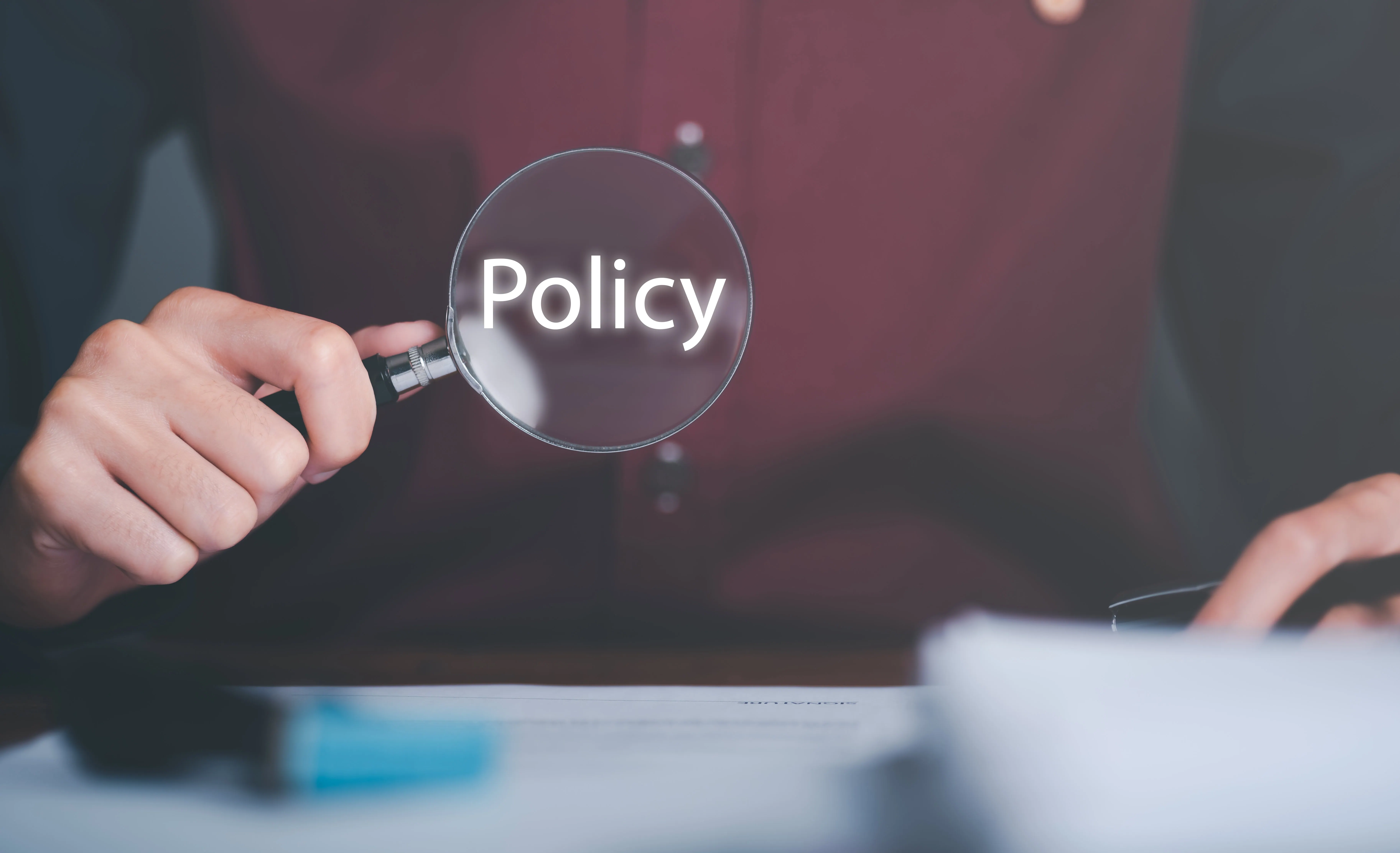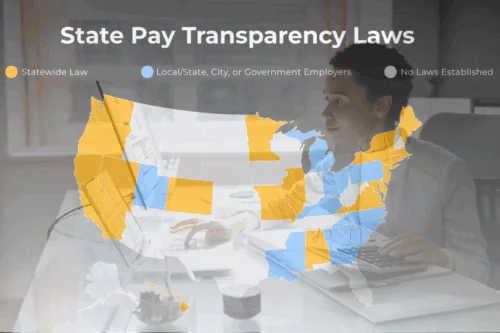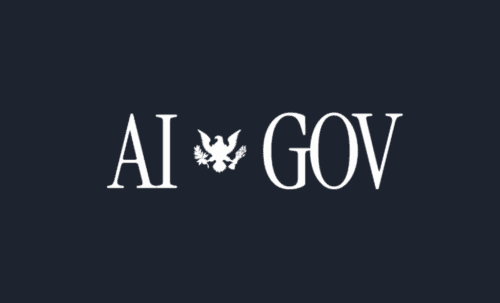Welcome to our comprehensive guide on public policy, crafted specifically for entry-level job seekers interested in making informed decisions and understanding how diverse governmental strategies affect not only your career prospects but also your everyday life.
Why This Guide?
Public policy shapes the environment in which we live, work, and interact. For those just beginning their career journey, grasping the nuances of public policy can enhance your ability to navigate the workforce and engage meaningfully in society. This guide aims to demystify the complexities of public policy, offering accessible insights that connect policy decisions with real-world outcomes.
What You Will Learn
Through this guide, you’ll gain a deeper understanding of how public policy is formulated and its impact across different sectors such as education, healthcare, economic development, and environmental sustainability. Each section of this guide provides detailed insights into key areas of public policy, helping you to grasp how these policies influence various aspects of personal and professional life.
Whether you are looking to enhance your civic engagement or simply aiming to be better prepared for the job market, this guide will equip you with the knowledge and tools needed to understand and respond to the dynamics of public policy. Let’s explore how these policies shape our society and how you can participate in this complex but crucial landscape.
Understanding Public Policy: Basics and Significance
Public policy is a broad term that encompasses the strategies and actions taken by governments to address public issues. Essentially, it is a blueprint that guides the decisions and actions of the public sector. The significance of public policy is immense, as it directly affects how a society functions and influences the quality of life of its constituents.
What is Public Policy?
At its core, public policy is about problem-solving at the governmental level. It involves the formulation and implementation of strategies designed to tackle societal issues. This process typically includes drafting, debating, adopting, and enforcing laws and regulations. Also, it usually requires substantial research and planning, often informed by statistical data from official sources, to ensure policies are effectively targeted.
The Scope of Public Policy
- Economic Policies: These include fiscal measures, taxation policies, and regulations for economic stability and growth.
- Social Policies: Policies catered towards improving social welfare, including housing, education, and public healthcare systems.
- Foreign Policies: These strategies govern a country’s interactions on the international stage, including trade agreements and diplomatic relations.
Importance of Public Policy
Effective public policy is fundamental to organized, functional governance. It ensures societal progress by addressing key social, economic, and environmental challenges. Furthermore, it promotes equity by making sure that the benefits of development reach all segments of society, including marginalized and underrepresented groups.
External Resources
For those who want to dive deeper into the mechanics of public policy, resources such as academic papers from Google Scholar offer extensive research materials on varied policy issues across different sectors.
Understanding the basics and significance of public policy is vital not only for policymakers but for every citizen aiming to be informed about how their government addresses complex societal issues. This knowledge empowers individuals to participate more actively in their governance, ensuring democratic processes are upheld.
Key Influences on Public Policy Development
Several factors influence the development of public policy, aiding in shaping responses to society’s needs. Recognizing these influences helps us understand how policies are formulated and the dynamics involving different interest groups and societal norms.
Major Influences on Public Policy
A combination of socioeconomic factors, cultural perspectives, and political pressures often influences the formulation and adjustment of public policy. Here are some of the main drivers:
- Public Opinion: Widespread beliefs and attitudes of citizens often shape policy priorities. Policymakers tend to align initiatives with the public’s sentiment to ensure support and feasibility.
- Political Leadership: The ideology and objectives of the current political leaders play a crucial role. Changes in leadership can lead to shifts in policy direction.
- Economic Conditions: Economic stability and development priorities may push certain policies to the forefront, such as fiscal adjustments during economic downturns.
- Global Events: International crises, such as climate change or health pandemics, compel policymakers to adjust or create new policies to manage these challenges effectively.
Stakeholders in Public Policy
The development of public policy is also shaped by the interaction between various stakeholders, each with their own interests and influence:
- Government Agencies: Implement policies and have a direct role in their formulation, often based on legislative mandates.
- Interest Groups: Organizations and advocacy groups lobby for policies favoring their interests, contributing to the broader policy dialogue.
- Research Institutions: Provide data and analysis that shape policy decisions.
- Media: Plays a key role in informing the public and shaping opinion, indirectly influencing policy priorities and outcomes.
Resources for Understanding Policy Influences
For further exploration of how policy is shaped by and shapes societal attitudes, consider delving into resources about attitudes toward bilingualism in the US. Additionally, USA.gov offers a primer on governmental structures that play a crucial role in policy development.
This understanding of the influences on public policy development not only provides insight into the policymaking process but also empowers citizens to better engage with and influence the policies that affect their lives.
Public Policy and Its Impact on Education
Public policy profoundly influences the educational landscape, shaping access, quality, and effectiveness of education systems. Effective policies can bridge gaps and create equitable educational opportunities.
Influences of Public Policy on Education
Educational policies define curricula, regulate funding, and set standards for teaching and facilities. They aim to ensure every individual receives a comprehensive education that equips them for future challenges.
- Equity and Accessibility: Policies ensure education is accessible to all, including diverse and underserved communities.
- Quality Assurance: Standards maintain high educational practices across schools and universities.
- Technology Integration: Initiatives promote digital literacy and incorporate technology into learning.
Challenges Addressed by Public Policy in Education
Confronting educational challenges is crucial for societal advancement. Public policies tackle issues such as dropout rates, educational disparity, and resource allocation.
- Reducing Disparities: Policies target inequalities, providing support where it is most needed.
- Enhancing Teacher Training: Programs improve teacher qualifications and teaching methods.
- Increasing Funding: Investments ensure schools have the necessary resources to excel.
Case Studies and Further Reading
To see policy impact in action, explore case studies detailing public policy success stories in education. Additionally, for a deeper understanding of the intersection between education and policy, consider reading about global cultural festivals and their educational impacts. These resources highlight how diverse educational policies impact various communities.
External Perspectives
Recognized educational organizations provide insights and data on how public policy shapes educational systems. Websites like the U.S. Department of Education offer valuable resources for understanding current policies and their implications.
Thus, public policy plays a central role in shaping educational structures, impacting everything from accessibility to the quality of education provided. By understanding and engaging with these policies, stakeholders can help ensure that education systems meet the needs of all learners.
The Role of Public Policy in Economic Stimulation
Public policy is crucial in driving economic growth and stability. By implementing targeted economic strategies, governments can enhance market conditions, create jobs, and promote sustainable development.
Economic Growth through Strategic Policy
Policies that stimulate the economy often focus on infrastructure, innovation, and entrepreneurship. Here’s how these strategies support economic development:
- Infrastructure Development: Building and upgrading roads, bridges, and utilities facilitates better business operations and attracts investments.
- Innovation Incentives: Grants and tax breaks for research and development encourage companies to innovate, driving economic advancement.
- Support for Small Businesses: Programs that provide loans and training help small businesses grow, creating jobs and stimulating local economies.
Addressing Unemployment Through Policy
Public policy plays a key role in reducing unemployment by creating job opportunities and offering training programs to enhance workforce skills. This not only helps reduce joblessness but also builds a more skilled labor force.
- Job Creation Initiatives: Government projects and public works can provide significant employment opportunities.
- Skills Training Programs: Educational programs ensure the workforce is equipped for modern job requirements.
Public Policy and Global Trade
Trade policies affect how countries interact economically. By setting tariffs, forming trade agreements, and regulating foreign investments, governments can protect local industries and compete globally.
- Trade Agreements: These agreements promote exports and foster international economic relations.
- Foreign Investment Policies: Regulations encouraging or restricting foreign investments can significantly impact economic conditions.
Further Insights
For a broader perspective on economic policies, reference resources from leading economic institutions or consult the International Monetary Fund, which provides detailed analysis and data on global economic trends and policy effects.
By strategically designing public policies to stimulate economic growth, address unemployment, and engage in global trade, governments can effectively enhance their national economic landscapes. These efforts not only boost immediate economic performance but also lay the groundwork for long-term prosperity.
Diversity in Public Policy Formation
Inclusive public policy is crucial for ensuring that all community sectors are represented. By integrating diverse perspectives, governments can create policies that serve all societal needs.
Incorporating Diversity in Policy-Making
Policymakers are increasingly acknowledging the importance of diversity in developing effective public policies. Considering varied cultural, economic, and demographic perspectives leads to more comprehensive solutions.
- Cultural Diversity: Policies reflect cultural norms and practices, ensuring respect and inclusion.
- Economic Diversity: Diverse economic needs push for tailor-made economic policies that benefit various segments.
Engagement with Underrepresented Communities
Engagement strategies are key to incorporating input from all community members. These efforts ensure that even the most marginalized voices are heard.
- Public Forums: These events allow direct communication between the public and policymakers.
- Surveys and Polls: Collecting data from diverse populations informs policy adjustments and priorities.
Resources for Learning about Diverse Policies
Visit NPR’s CodeSwitch for discussions on how demographics are shaping public policy. This approach not only acknowledges the value of diversity but actively engages it in policy-making, thereby leading to more equitable and effective public governance.
Public Policy Challenges and Solutions in Healthcare
Healthcare is a vital sector where public policy plays a crucial role. Addressing challenges in healthcare through policies ensures a healthier population and a more efficient health system.
Key Healthcare Challenges
Several issues demand attention from policymakers to improve healthcare services and access:
- Accessibility: Ensuring all individuals have access to healthcare, regardless of location or income.
- Affordability: Making healthcare services financially accessible to more people.
- Quality: Upgrading healthcare standards across all facilities.
Solving Healthcare Problems through Public Policy
Strategic policies can address long-standing healthcare challenges:
- Insurance Reforms: Policies to expand insurance coverage can greatly enhance healthcare accessibility.
- Investment in Health Infrastructure: Increasing funding for healthcare facilities improves service delivery.
- Preventive Care Initiatives: Programs aimed at disease prevention can reduce overall healthcare costs and improve public health.
Case Studies of Successful Healthcare Policies
Examining successful policies provides valuable lessons on effective health policy implementation:
- Medicare Expansion: Policies that have broadened Medicare coverage have significantly improved healthcare access for older persons.
- Public Health Campaigns: Campaigns like anti-smoking or vaccination drives have substantially impacted public health.
Staying Informed
To learn more about how public policy is shaping healthcare, resources like the World Health Organization offer extensive information on global health initiatives and policies. Similarly, checking out Centers for Disease Control and Prevention can provide insights into current health challenges and policy responses in the United States.
By continuing to develop and refine healthcare policies, governments can better address the complex challenges facing the health sector, ultimately leading to improved health outcomes and reduced disparities.
Public Policies and Environmental Sustainability
Environmental sustainability is increasingly at the forefront of public policy as governments worldwide recognize the urgent need to address ecological challenges. Effective policies can significantly impact environmental conservation and sustainability efforts.
Core Areas of Environmental Policy
Public policy influences environmental protection and resource management through various areas:
- Regulation of Emissions: Policies that limit industrial emissions play a crucial role in combating air pollution.
- Conservation Efforts: Laws aimed at protecting natural habitats and endangered species help preserve biodiversity.
- Waste Management: Regulations around waste handling and recycling contribute to reducing environmental impact.
Innovative Environmental Policies
Innovation in policy-making can lead to more effective environmental management strategies. Here are some groundbreaking approaches:
- Green Energy Initiatives: Supporting renewable energy projects to reduce dependence on fossil fuels.
- Sustainable Urban Planning: Policies that promote green spaces and sustainable public transport in urban areas.
- Eco-taxation: Implementing taxes on activities that harm the environment to discourage such practices.
Impact of Public Policy on Environmental Sustainability
Assessing the impact of these policies helps understand their effectiveness and areas needing improvement:
- Reduction in Pollution: Policies have been effective in significantly lowering the levels of various pollutants.
- Improvement in Public Health: Better air and water quality lead to healthier communities.
- Enhanced Resource Efficiency: Regulations encourage more efficient use of resources, reducing waste and saving costs.
Furthering Your Knowledge
To explore more about environmental policies, visiting Environmental Protection Agency can provide insights into how the United States is handling environmental challenges. Lastly, learn how these policies complement global conservation efforts at United Nations Environment Programme.
This focus on environmental public policy not only addresses immediate ecological issues but also sets a foundation for sustainable development, ensuring a healthier planet for future generations.
FAQs on Public Policy
Understanding public policy can often bring up several questions. Here are answers to some of the most frequently asked questions.
What Is Public Policy?
Public policy involves strategies and actions by governments to tackle societal problems. It encompasses laws, regulations, decisions, and actions.
How Is Public Policy Formulated?
Policy formulation involves problem identification, solution brainstorming, and decision-making through government structures. Consultation with stakeholders plays a key role.
Why Is Public Policy Important?
It directly impacts citizens’ lives by improving societal standards, promoting equality, and ensuring efficient governance.
Who Makes Public Policy?
Public policy is made by elected officials, government agencies, and other stakeholder groups who influence and implement decisions.
How Can I Get Involved in Public Policy?
Engagement can range from voting and participating in discussions to working with community organizations that influence policy.
What Are Some Challenges in Public Policy?
Key challenges include addressing diverse needs, managing limited resources, and ensuring policies adapt effectively to changing conditions.
How Can I Stay Informed About Public Policy?
Regularly follow trustworthy news sources and government announcements, and engage with civic education platforms to stay updated.
This section provides a starting point for those interested in exploring the breadth and importance of public policy. It encourages individuals to become more informed and involved in their government’s policy-making processes.
Conclusion
Public policy is integral in shaping our society, addressing everything from education and healthcare to economic stability and environmental sustainability. Its influence is pervasive, affecting all aspects of life and requiring informed and active participation from everyone in the community.
Why Engage with Public Policy?
Engaging with public policy is crucial for ensuring that diverse perspectives are included in decisions that affect us all. It empowers individuals and communities, promoting a more inclusive and equitable society. By understanding and contributing to the development of public policy, we can help drive positive change in addressing the complex challenges facing our society today.
Join Diversity Employment
We at Diversity Employment are committed to creating a diverse and inclusive work environment and society. By adding us to your list of job hunting websites, you can stay informed about the latest job opportunities in inclusive workplaces and gain access to resources that support diversity and inclusion across various sectors.
Take the next step in engaging with public policy and promoting diversity by joining Diversity Employment! Together, we can advocate for policies that reflect our shared values of equity and inclusion.




